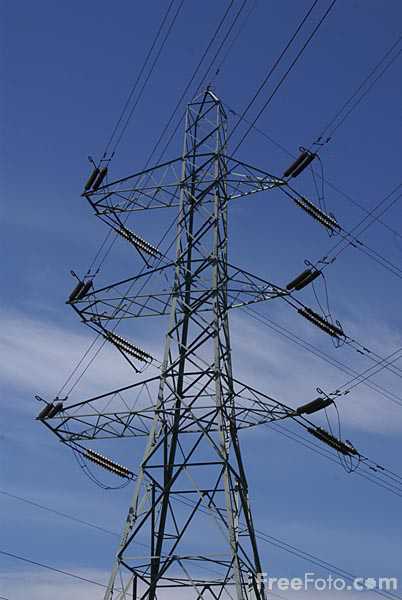
BY Everson Mushava
AN international non-governmental organisation, Practical Action and its funding partners, have set up a model for a solar rural electrification project in Gwanda South and government says it wants to replicate the programme to other provinces.
The 99KW project, the first solar mini-grid in the country, has benefited three irrigation schemes, a clinic, school, and three business centres.
Speaking during a tour of the facility in Mashaba village yesterday, Minister of State in Vice-President Constantino Chiwenga’s office, Evelyn Ndlovu, said government would soon mobilise resources to roll out similar projects throughout the country to ensure food sufficiency and provision of social services to rural areas.
“All irrigation schemes lying idle will soon be activated,” she said.
The three irrigation schemes to have benefited include Russlers Gorge, Mankonkoni and Sibasa. They have already started recording surplus food for sale to the Grain marketing Board, two years after the solar project was rolled out.
Speaking at the same occasion, Matabeleland South Provincial Affairs minister Abednico Ncube said the coming in of the NGOs to rehabilitate the irrigation schemes was a timely boost for the drought-prone region.
Practical Action regional director Kudzai Marovanidze also said: “We are pleased and appreciate governments continued support and interest in our work. Energy is a critical enabler for decentralised development and renewable energy in the form of solar mini-grids provides a viable and futuristic option to transform rural communities that are not reached by the national grid.”
- Chamisa under fire over US$120K donation
- Mavhunga puts DeMbare into Chibuku quarterfinals
- Pension funds bet on Cabora Bassa oilfields
- Councils defy govt fire tender directive
Keep Reading
He added: “Scaling up solar energy investments and possible replication of this kind of solar projects as demonstrated by Practical Action, SNV and Dabane Trust, co-funded by European Union, OPEC Fund for International Development (OFID, the UNDP-Global Environmental Facility (UNDP-GEF) in Mashaba, has demonstrated the potential to support rural communities so that they lift themselves out of poverty, drive their own local economic development and build resilience against hush conditions such as climate change”.
Marovanidze said Practical Action and its partners had proved that off-grid renewable energy solutions work.
“We are calling on the Zimbabwean government and international development partners to put in place finance mechanisms that enable the private sector to provide wider renewable energy services that reach all the disadvantaged communities across Zimbabwe and Africa.”











